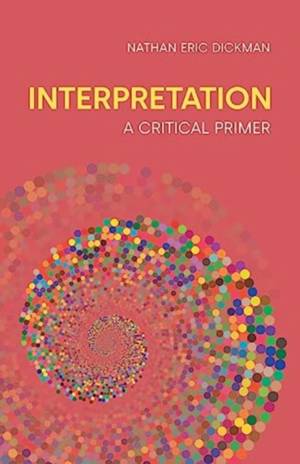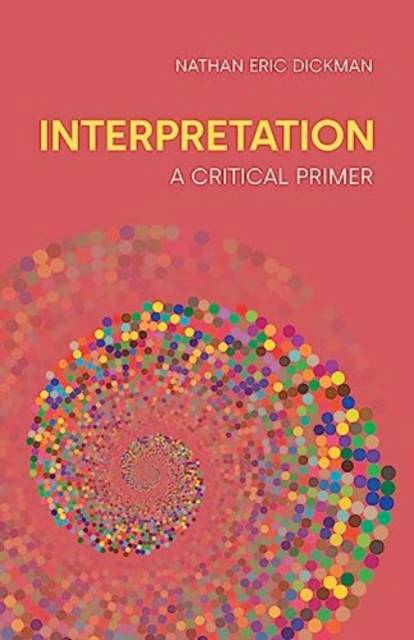
Bedankt voor het vertrouwen het afgelopen jaar! Om jou te bedanken bieden we GRATIS verzending (in België) aan op alles gedurende de hele maand januari.
- Afhalen na 1 uur in een winkel met voorraad
- In januari gratis thuislevering in België
- Ruim aanbod met 7 miljoen producten
Bedankt voor het vertrouwen het afgelopen jaar! Om jou te bedanken bieden we GRATIS verzending (in België) aan op alles gedurende de hele maand januari.
- Afhalen na 1 uur in een winkel met voorraad
- In januari gratis thuislevering in België
- Ruim aanbod met 7 miljoen producten
Zoeken
Omschrijving
This volume examines the nature of interpretation, strategies within interpretation, and negotiations about the adequacy of an interpretation, with special attention paid to possible roles interpretation plays in the academic study of religions. While many people engage in interpretation, it is not clear what interpretation is. Throughout the book, a number of fundamental questions posed throughout the history of hermeneutics (theory of interpretation) are addressed. What is an "interpretation"? What or who determines the meaning of a text? What helps in navigating competitions or conflicts of interpretation? What is the place of interpretation in the academy, relative to explanatory sciences and productive arts? The unique approach taken to interpretation here is based on the fundamental axiom of philosophical hermeneutics-the hermeneutic priority of questioning. Through this, the author makes a case for the critical value of interpretation. Most other books focus either on historical developments of hermeneutics, on key modern hermeneutic philosophers, or on specific sacred texts such as in biblical or Quranic hermeneutics. Each chapter of this book refines a conceptual element that combines with others into a theory of interpretation useful for the classroom and in scholarship on hermeneutics.
Specificaties
Betrokkenen
- Auteur(s):
- Uitgeverij:
Inhoud
- Aantal bladzijden:
- 180
- Taal:
- Engels
- Reeks:
Eigenschappen
- Productcode (EAN):
- 9781800503366
- Verschijningsdatum:
- 1/10/2023
- Uitvoering:
- Hardcover
- Formaat:
- Genaaid
- Afmetingen:
- 140 mm x 216 mm
- Gewicht:
- 353 g

Alleen bij Standaard Boekhandel
+ 241 punten op je klantenkaart van Standaard Boekhandel
Beoordelingen
We publiceren alleen reviews die voldoen aan de voorwaarden voor reviews. Bekijk onze voorwaarden voor reviews.









